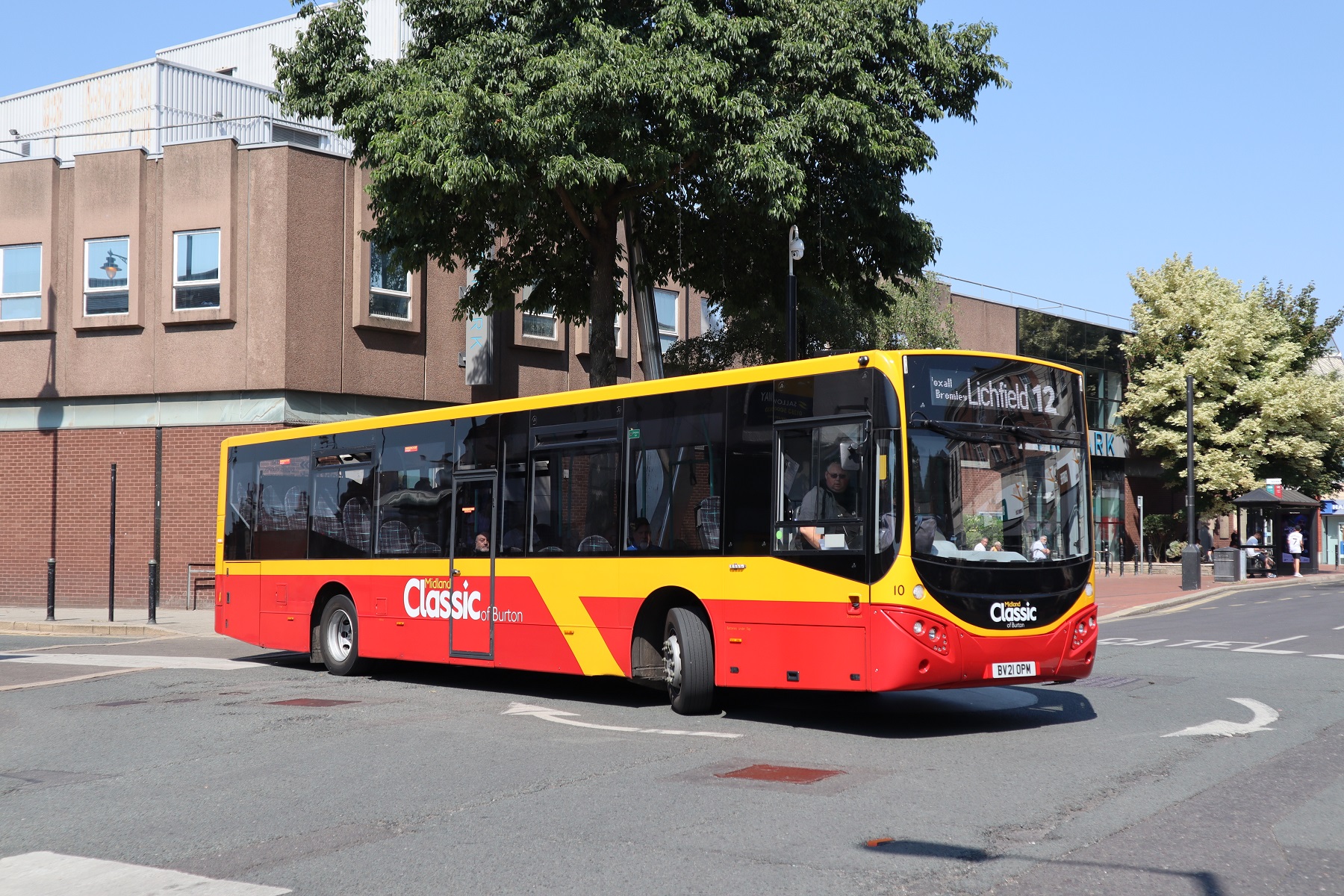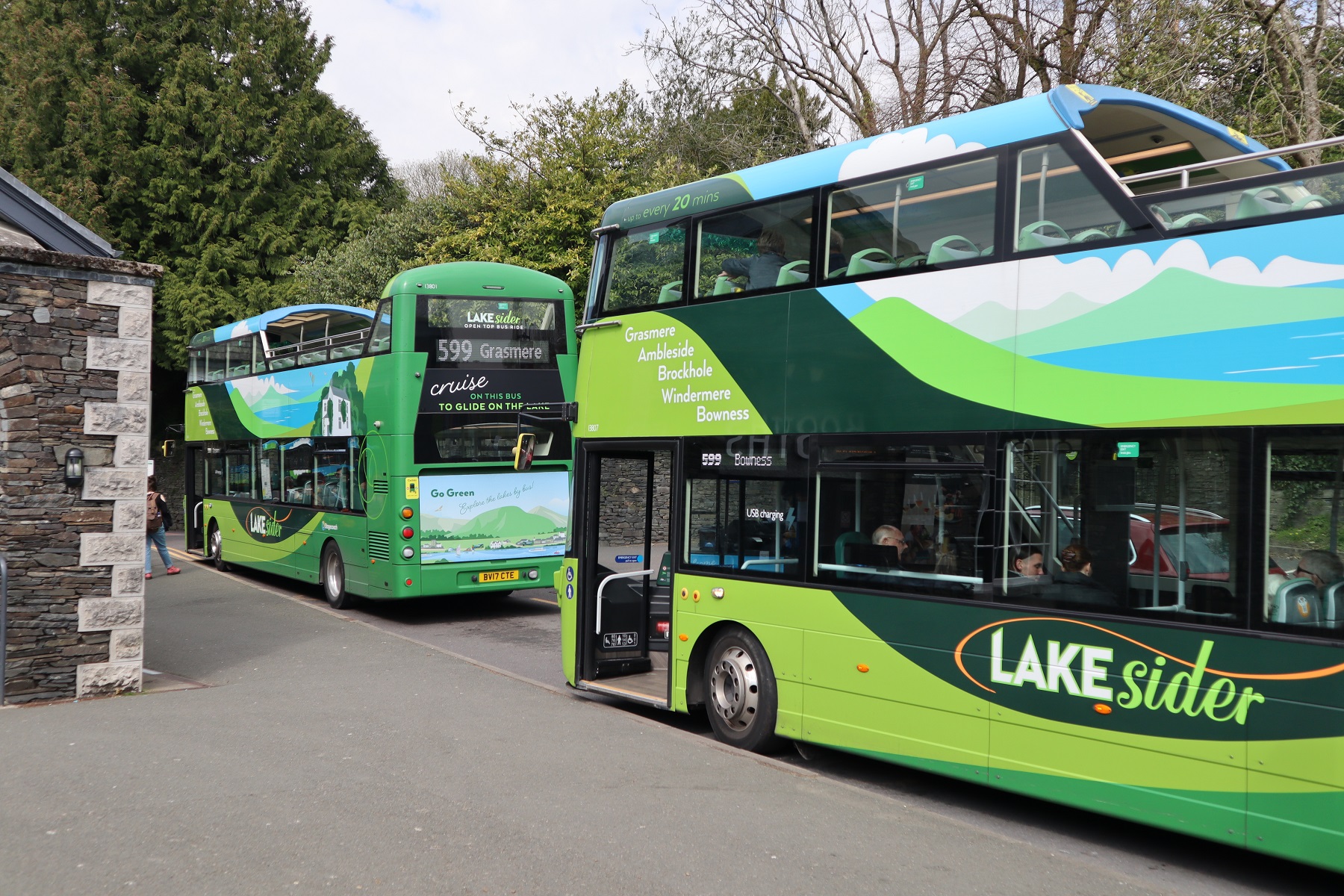Revenue funding allocated to local transport authorities (LTAs) in England via the original Bus Service Improvement Plan (BSIP) mechanism may now be used to support existing routes, if approval from the Department for Transport (DfT) is gained.
Such a position represents an about-turn from the original BSIP position. It held that funds could not be used “to prop up existing services,” as Under-Secretary of State and then-Buses Minister Baroness Vere told the Transport Committee on 29 June 2022.
The change is revealed in notes from a meeting between DfT and LTA representatives that covered the more recent BSIP Plus approach. It forms part of the government’s latest £300 million pot of recovery money for the bus industry in England. Additionally, BSIP funding that was slated to be spent in 2023/24 may now be held over to 2024/25.
Change better aligns BSIP and BSIP Plus funding approaches
BSIP Plus is intended to help support existing services, and so the amendment to the BSIP approach brings the two under a common approach for that element of LTA bus funding. While many more LTAs have been allocated BSIP Plus than BSIP money, some will miss out on BSIP Plus. Nevertheless, the change enables all English LTAs to use one or both of the mechanisms to maintain existing provision.
To move BSIP money to that purpose via the recently-added flexibility, or to postpone spending BSIP funding from the current financial year to 2024/25, an LTA must utilise DfT’s Project Adjustment Requests process.

The Department will “aim to take a positive and pragmatic view when reviewing such requests,” it says.
“It is local authorities that are best placed to determine whether support should be focused on existing services or new initiatives, depending on local travel patterns.”
However, DfT has cautioned LTAs wishing to make use of the new flexibility that they should “carefully consider and confirm whether supporting existing routes would provide better value for money compared to their previous plans, and whether the routes they wish to support are likely to become sustainable in the long-term,” the notes read.
Revised approach does not excuse already-agreed capital spends
There is no limit to the amount of BSIP revenue funding that an LTA may reallocate to the support of existing services. The relaxation only applies to revenue funding. Capital money must still be spent where originally intended.
Because of the latter point, DfT has rebutted a suggestion that the revised approach to revenue support will provide an escape route for LTAs that had committed to “difficult” bus priority measures. Those will be made via capital allocations and there remains no flexibility between capital and revenue streams.
The notes also clarify how BSIP Plus money has been allocated for the first of two periods captured by the new scheme. That has taken into account tendered mileage and population “to provide support for services in the areas that need it most,” DfT says.
LTAs ineligible for BSIP Plus were those that were previously allocated BSIP funding of more than £15 million in total, and more than £30 per capita. Terms and conditions for BSIP Plus are “currently under development.” The first grants are expected to be paid during the summer.



























